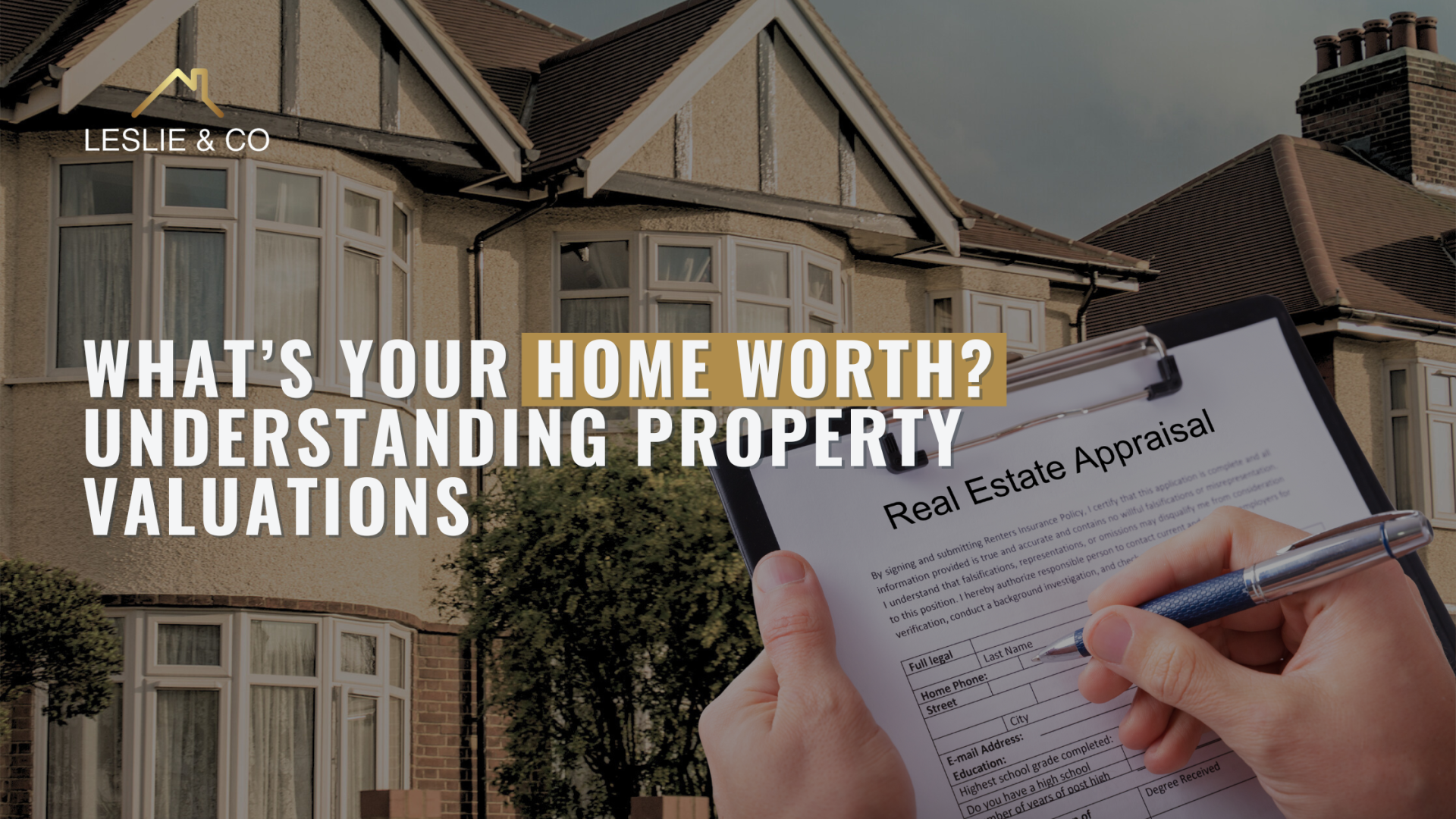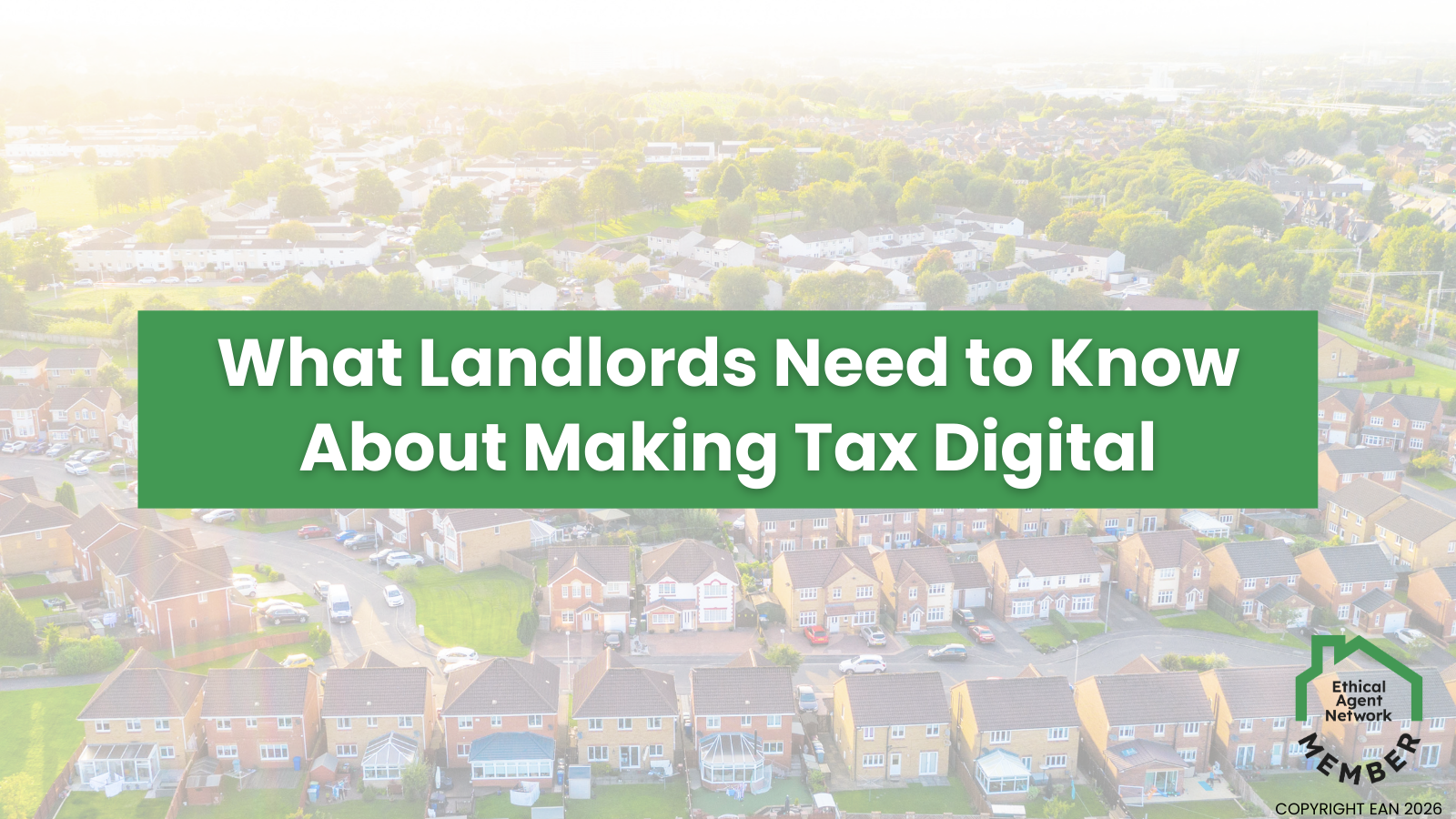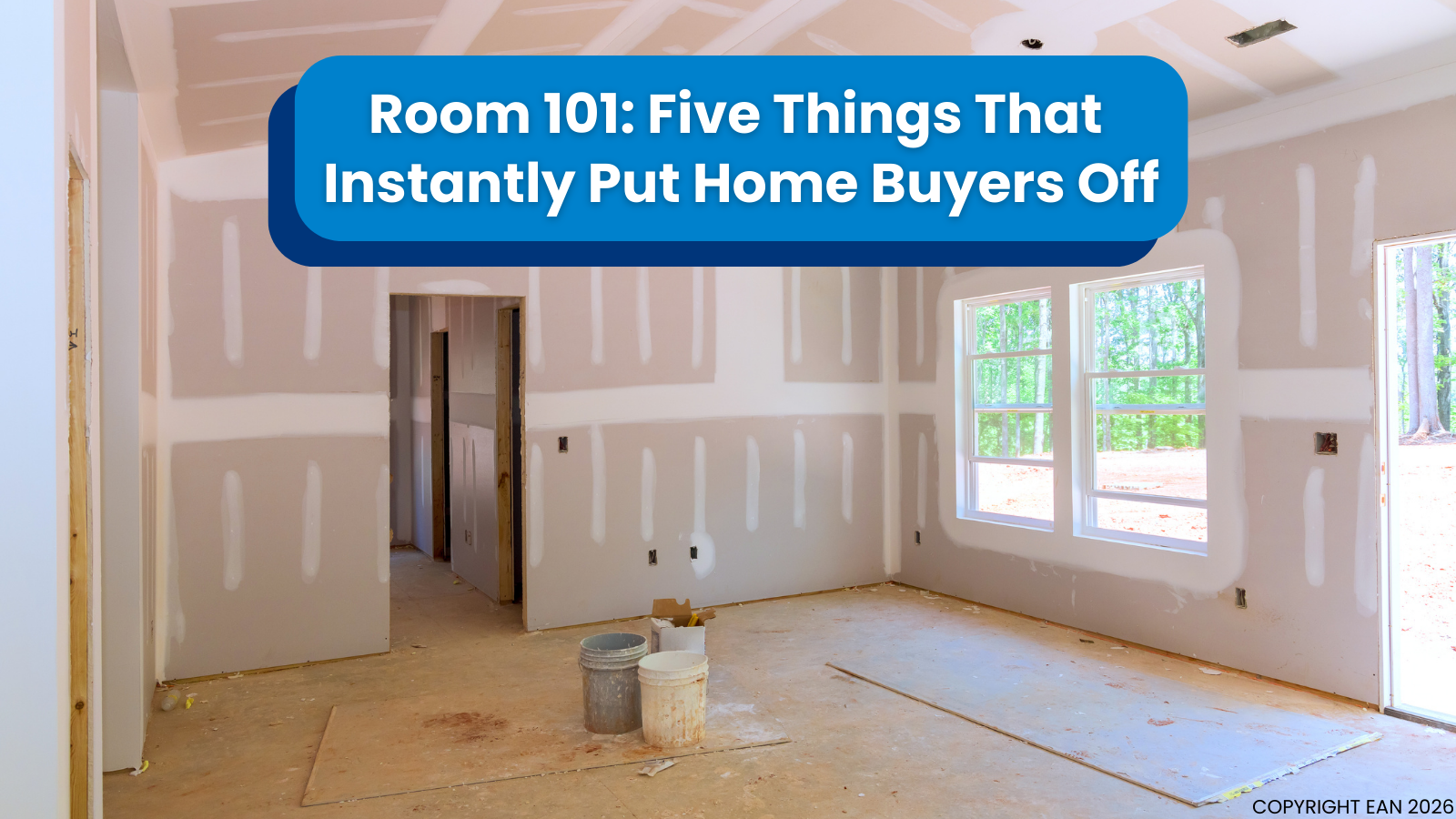If you’ve ever wondered, “What is my home really worth?” you’re not alone.
Whether you’re thinking about selling, remortgaging, or simply curious about your property’s value, understanding how valuations work is essential. With house prices fluctuating and regional markets shifting rapidly, getting a clear and accurate picture of your home’s worth can help you make smarter decisions. At Leslie & Co, we wish to guide you through how property valuations are calculated, what factors affect them, and how you can maximise the value of your home.
Why is property valuation important?
A home is often the most valuable asset a person owns. Knowing its worth isn’t just important when selling – it can influence your financial decisions in many areas. For example, if you’re considering refinancing your mortgage or borrowing against your property, an accurate valuation is crucial. It also helps with estate planning, divorce proceedings, and investment analysis.
According to HM Land Registry, the average UK house price in March 2025 was £286,000, reflecting a modest increase of 1.2% compared to the previous year. However, this is just a national average – in London, for instance, the average property price exceeds £500,000, while in the North East, it’s closer to £160,000. Such disparities highlight the importance of location-specific, expert valuations.
Photo by Benjamin Elliott on Unsplash
What affects your property’s value?
Property valuation isn’t guesswork – it’s a complex process that considers multiple factors:
- Location, location, location:
Proximity to good schools, public transport, green spaces, and local amenities can boost a property’s value significantly. Areas with low crime rates and strong communities are particularly sought after. - Size and layout:
The square footage of your home, the number of bedrooms and bathrooms, and the overall flow of the space all affect value. Open-plan living, for example, is often more desirable today than segmented layouts. - Property condition:
A well-maintained, modernised property will generally command a higher price than one requiring major repairs. Features like new windows, updated kitchens, and energy-efficient boilers can all add value. - Local market conditions:
If demand in your area is high and supply is low, your home could be worth more than similar properties in neighbouring areas. Market trends can fluctuate, so timing your sale is also a strategic decision. - Comparable sales:
Valuers examine recent sale prices of similar properties nearby (known as “comparables”) to determine a realistic market value for your home.
Photo by Heathfield Estate on Unsplash
Who carries out valuations?
There are several ways to have your home valued, and each has its own strengths:
Estate agent valuation: Often free and great for getting a ballpark figure, these are typically based on local knowledge and comparable listings. Keep in mind that some agents may overestimate your home’s value to win your business.
Surveyor valuation: This is usually required by lenders and carried out by a RICS-certified professional. It’s more objective and based on formal criteria, making it more reliable for legal or financial purposes.
Online valuation tools: Websites like Zoopla, OntheMarket or Rightmove use algorithms and publicly available data to estimate property values. They’re fast and convenient but don’t consider your home’s specific condition or unique features.
How can you increase your home’s value?
Home improvements can significantly boost your property’s market value. Some projects offer better returns than others:
- Modernising the kitchen or bathroom: These are high-impact areas where buyers tend to focus.
- Adding an extra bedroom: Converting a loft or garage can raise your home’s value by up to 20%.
- Energy efficiency upgrades: installing double glazing, a new boiler, or solar panels appeals to eco-conscious buyers.
- Kerb appeal improvements: simple things like repainting the front door, tidying the garden, or pressure-washing the driveway can make a big first impression.
Even inexpensive steps like decluttering and staging can make your property appear larger, brighter, and more inviting.
Value impact of home improvements
Here’s what industry experts say about the potential return on investment for common improvements, according to NAEA Propertymark:
Improvement Estimated Value Increase
Loft conversion Up to 20%
New kitchen or bathroom 4%–6%
Adding off-street parking 5%–10%
Garden landscaping 2%–4%
Bear in mind that the value added can depend on your area’s price ceiling. In lower-priced neighbourhoods, expensive upgrades may not always yield a high return.
Ready to find out what your home is worth?
If you’re curious about the value of your home in Ealing, Northfields & Hanwell, we offer free, no-obligation valuations tailored to your unique property. Our expert valuers combine local market knowledge with real-time data and insights to give you a clear picture of your home’s current value.
Whether you’re selling, letting, or just exploring your options, knowing your home’s value is the first step in making confident decisions. We’re happy to walk you through the process and answer any questions you may have.
The window
In today’s property market, knowledge is power. Understanding what affects your home’s value and how to interpret valuations puts you in control of your financial future. A valuation isn’t just a number, it’s a window into your property’s performance, potential, and position in the market.
Need a valuation? Contact Leslie & Co today and book a free, no-obligation visit with one of our local experts.


 5 minute read posted by
5 minute read posted by 



Share this with
Email
Facebook
Messenger
Twitter
Pinterest
LinkedIn
Copy this link